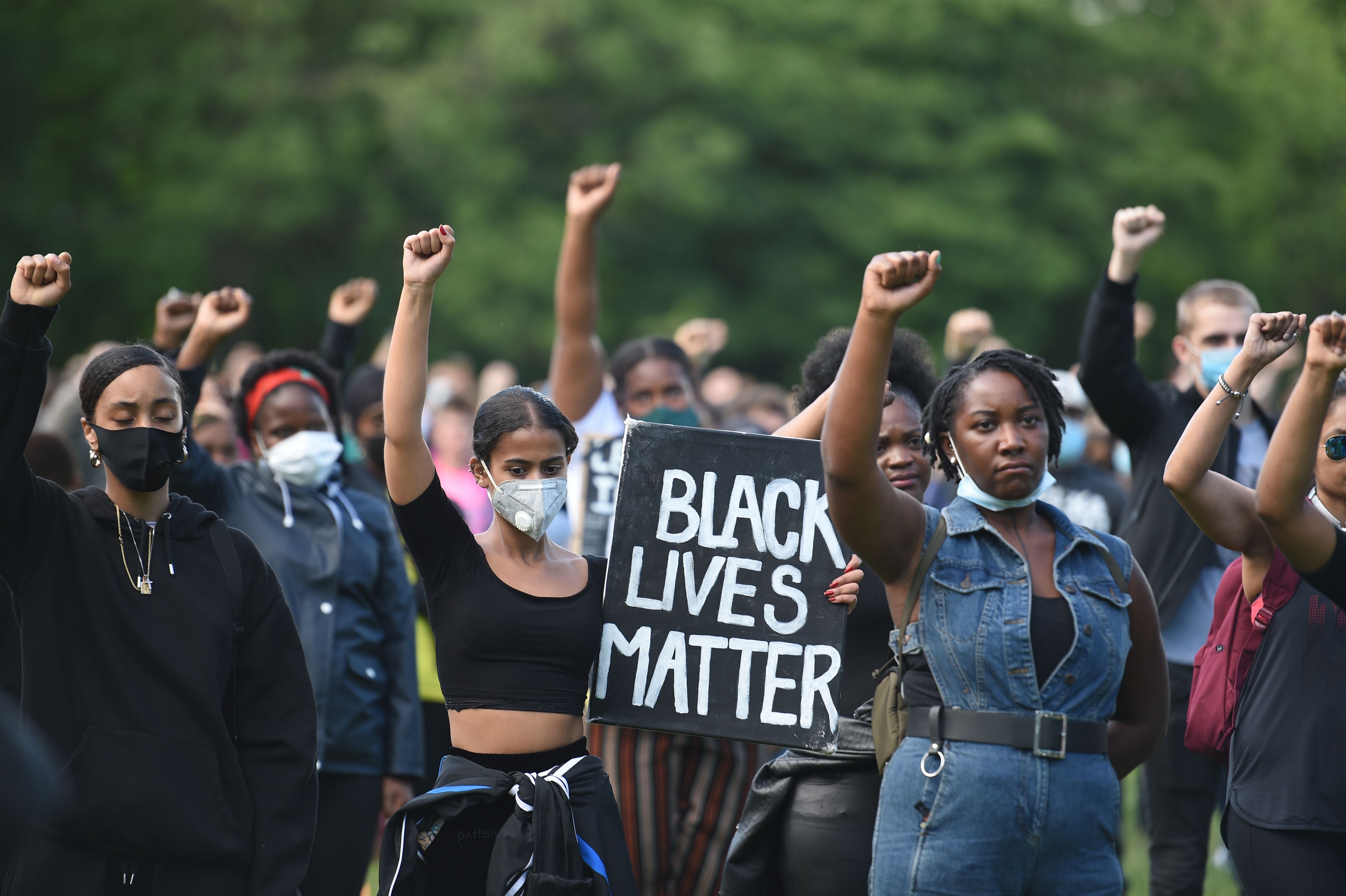It will take more than tweaking the Mental Health Act to end racial inequality
As we’ve witnessed with the Black Lives Matter movement, raising awareness of discrimination is possible but actual change is trickier


Your support helps us to tell the story
From reproductive rights to climate change to Big Tech, The Independent is on the ground when the story is developing. Whether it's investigating the financials of Elon Musk's pro-Trump PAC or producing our latest documentary, 'The A Word', which shines a light on the American women fighting for reproductive rights, we know how important it is to parse out the facts from the messaging.
At such a critical moment in US history, we need reporters on the ground. Your donation allows us to keep sending journalists to speak to both sides of the story.
The Independent is trusted by Americans across the entire political spectrum. And unlike many other quality news outlets, we choose not to lock Americans out of our reporting and analysis with paywalls. We believe quality journalism should be available to everyone, paid for by those who can afford it.
Your support makes all the difference.Not only are young black men much more likely to be stopped and searched by the police, they are four times more likely to be detained under the current Mental Health Act. This has prompted the health secretary to finally agree to reforming the 40-year-old law. The aim is to not only reduce racial inequality in the way it is applied, but to ensure that those with autism and a learning disability cannot lose their liberty under its powers.
The ambition is to place the individual rather than the system at the centre of the new act. Among the recommendations are plans to introduce statutory advance choices of the individual. This will allow people to express their preferred treatment before they reach a crisis and have to be detained.
There are parallels between stop and search and detention under the Mental Health Act for the Bame community, in that some people believe there is no smoke without fire, ie. individuals must be guilty of something otherwise they wouldn’t be stopped by the police. That has repeatedly been disproved in that individuals from the Bame community are no more likely to use drugs than their white counterparts. The argument in relation to levels of mental illness in the Bame community are a little more complex. What is clear is that people from Bame communities are over represented within mental health services and much more likely to be forced into hospital or community treatment.
Data shows that in 2019/20 there were 321 detentions per 100,000 population for people who wereblack or black British - while there were 73 detentions per 100,000 for white people.
What we need to untangle is whether this over representation is due to some environmental and/or genetic vulnerability to mental ill health. It is clear that environmental factors appear to play a much more significant role than anything we have been able to establish so far about genetic vulnerability. These social environmental factors include discrimination, racism, social and economic inequality, stigma and exposure to the criminal justice system such as stop and search.
The good news is that these are all malleable and within our ability to change. In other words, these are socially constructed problems that with sufficient will can be tackled. As we’ve witnessed with the Black Lives Matter movement, raising awareness of discrimination is possible but actual change is trickier. Awareness without structural change makes the attention given to discrimination almost cruel, as there is acknowledgement of a wrong but no plan to change. So, this ambition to revisit the Mental Health Act with a view to reducing Bame detentions could be one component of ensuring that when it comes to mental illness unequal treatment is reduced.
But this won’t be achieved by merely constructing a new piece of mental health legislation, this will merely create new law and do nothing to address the root causes of why so many people in the Bame community have poor mental health. If racism and discrimination continue unchecked this leaves individuals vulnerable to the stress and consequences of the way these impact their day to day lives. The proposal of having the ability to nominate family members when sectioned to advocate on their behalf sounds admiral but is the equivalent of providing better wound care following an injury - better to reduce the potential for injury than invest in the mopping up.
It’s little wonder that the cumulative effect of social and economic inequality, discrimination and a biased criminal justice system results in individual stress that triggers mental illness. This is not some racial genetic vulnerability, it is entirely manufactured by society. Tinkering with the Mental Health Act might make for good headlines but it will make no meaningful difference to those who continue to be on the receiving end of wider injustice. Government needs to acknowledge this and commit to a greater and wider ambition of eliminating racial injustice which is currently feeding individuals into our mental treatment services often against their will.
It’s not just the Mental Health Act that needs to be brought into the twenty first 21st century, it’s our collective beliefs, attitudes and perception of those in our Bame communities, otherwise we are jointly signing their section papers.



Join our commenting forum
Join thought-provoking conversations, follow other Independent readers and see their replies
0Comments